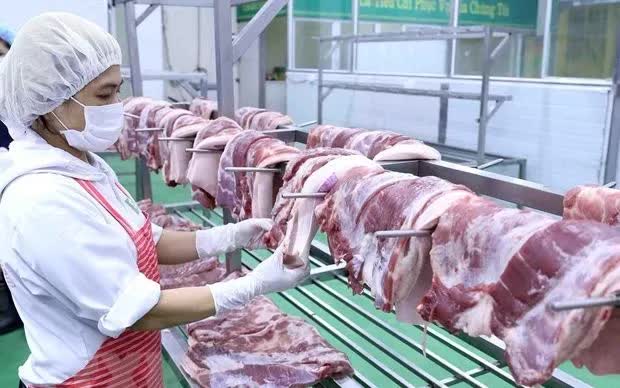 World
World

The UN Security Council will vote on Friday on whether to impose an arms embargo and sanctions on South Sudan, but the measure is expected to fail amid divisions over how to pressure leaders to end the three-year war.
UNITED NATIONS — The UN Security Council will vote on Friday on whether to impose an arms embargo and sanctions on South Sudan, but the measure is expected to fail amid divisions over how to pressure leaders to end the three-year war.
The council will meet at 9:30 am to decide on the US-drafted resolution calling for a one-year ban on weapons sales and sanctions on rebel leader Riek Machar, the army chief and a minister.
The United States, backed by Britain and France, has argued that cutting off the arms flow was urgently needed following UN warnings of a risk of mass atrocities.
Diplomats however said the measure fell short of the nine votes needed for adoption in the 15-member council.
Russia, China, Japan, Malaysia, Venezuela and more importantly the three African council members -- Angola, Egypt and Senegal-- have all expressed serious reservations.
A rejection of the arms embargo would be a setback for the United States, which helped South Sudan gain independence in 2011 but has been unable to steer the country away from a war that erupted two years later.
Under the proposed resolution, Machar, army chief Paul Malong and Information Minister Michael Makuei would be put on a sanctions blacklist, subjected to an assets freeze and a global travel ban.
Japan, which has some 350 troops serving in the UN mission in South Sudan, has argued that the measures, if adopted, would antagonise President Salva Kiir’s government and put peacekeepers’ lives at risk.
Opponents of the sanctions point to Kiir’s call earlier this month for a national dialogue to restore peace, saying that initiative must be given a chance.
Risk of mass atrocities
UN Secretary General Ban Ki-moon is backing the US push for a ban on arms deals with South Sudan, saying an embargo would reduce the capacity of all sides to wage war.
"If we fail to act, South Sudan will be on a trajectory towards mass atrocities," Ban told the council on Monday.
The draft resolution provides for a one-year ban on the "supply, sale or transfer" of "arms and related materiel of all types, including weapons and ammunition, military vehicles and equipment" as well as spare parts.
The world’s youngest nation, South Sudan descended into war in December 2013, leaving tens of thousands dead and more than 3.1 million people displaced.
US Ambassador Samantha Power has argued that all sides were mobilising for more fighting and that action was needed to prevent a bloodbath.
Russian Deputy Ambassador Petr Iliichev cast doubt over warnings of a risk of genocide, arguing that criminal groups and "undisciplined" troops were responsible for mass violence, and not the government’s policy.
There is growing alarm over the humanitarian crisis in the country as the conflict enters its fourth year.
More than 6 million people -- half of South Sudan’s population -- are in need of urgent aid and humanitarian organisations expect this number to rise by 20 to 30 percent next year.
Some 1.3 million South Sudanese have fled across borders as refugees, including 383,000 who have fled to Uganda since July, according to UN figures. — AFP




